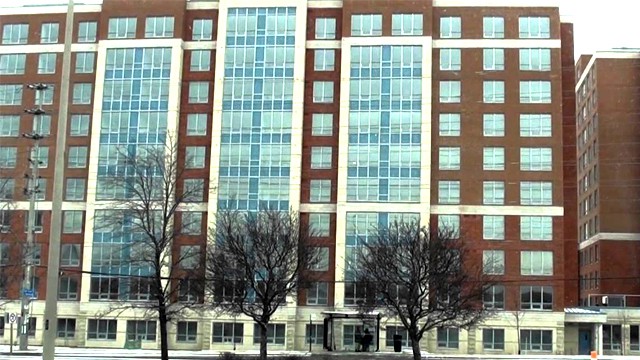Mississauga Moves Forward on Affordable Housing
Published September 7, 2016 at 3:25 pm

It’s no secret that Mississauga has a mounting affordable housing crisis on its hands and is working to address the issue.
Yesterday, Mississauga’s Planning and Development Committee approved staff’s comments on “provincial legislation that would give municipalities additional tools to create more affordable housing.”
The need for significantly less costly housing is fairly dire.
According to some worrying data, 74,575 households fall within the low-income bracket, bringing in less than $55,500 a year. As for middle-income households, there are currently 67,480 households that bring in $55,000 to $100,000 a year.
For lower-income earners, an affordable house should cost $221,000 or less to own or $1,390 or less to rent. For a household with a more moderate income, an affordable home would cost $398,000 or less to own or $2,500 or less to rent. According to the report, housing affordability is an issue for one in three Mississauga households. For one in eight households, affordability issues are serious, with over half their income going to housing costs. Some households — one in twelve — spend over 70 per cent of their take home pay on housing costs. For renters, the situation can be dire. The report notes that a whopping 42.5% of tenants spend more than a third of their income on housing costs. A full 20.4 per cent spend over half.
Back in May, the province introduced Bill 204 – the Promoting Affordable Housing Act. The bill would give cities the authority to require developers to include affordable spaces in new developments through inclusionary zoning. The province has asked cities for input on the following:
– What number of units must be affordable
– The length of time the units must remain affordable
– Unit standards (size, parking, etc.).
The Mississauga staff report supports an approach that would allow units to be built offsite where a contribution for inclusionary zoning would not be practical and cash-in-lieu that could be put towards developing affordable units.
The report will go to council for comments and approval.
INsauga's Editorial Standards and Policies


